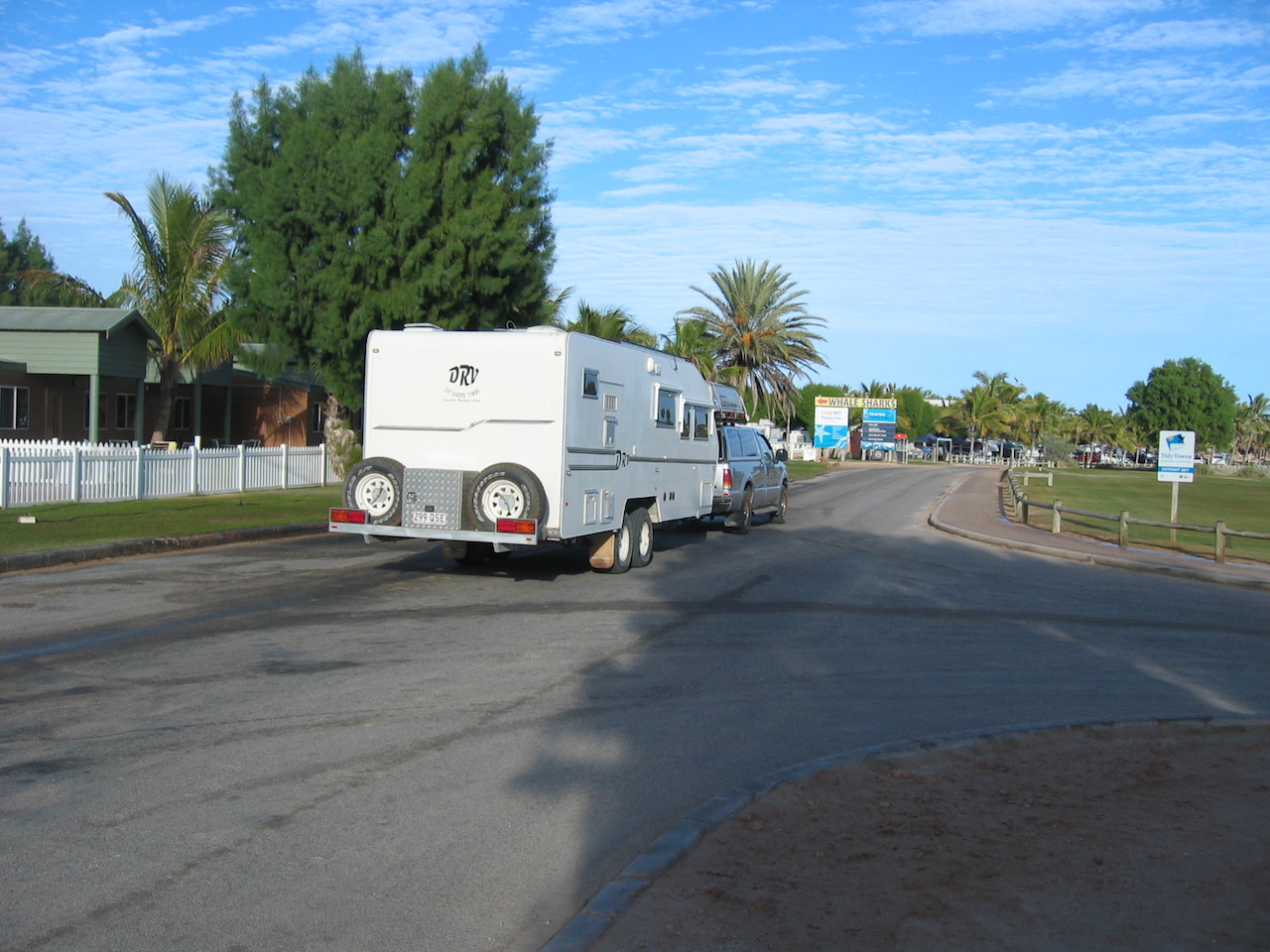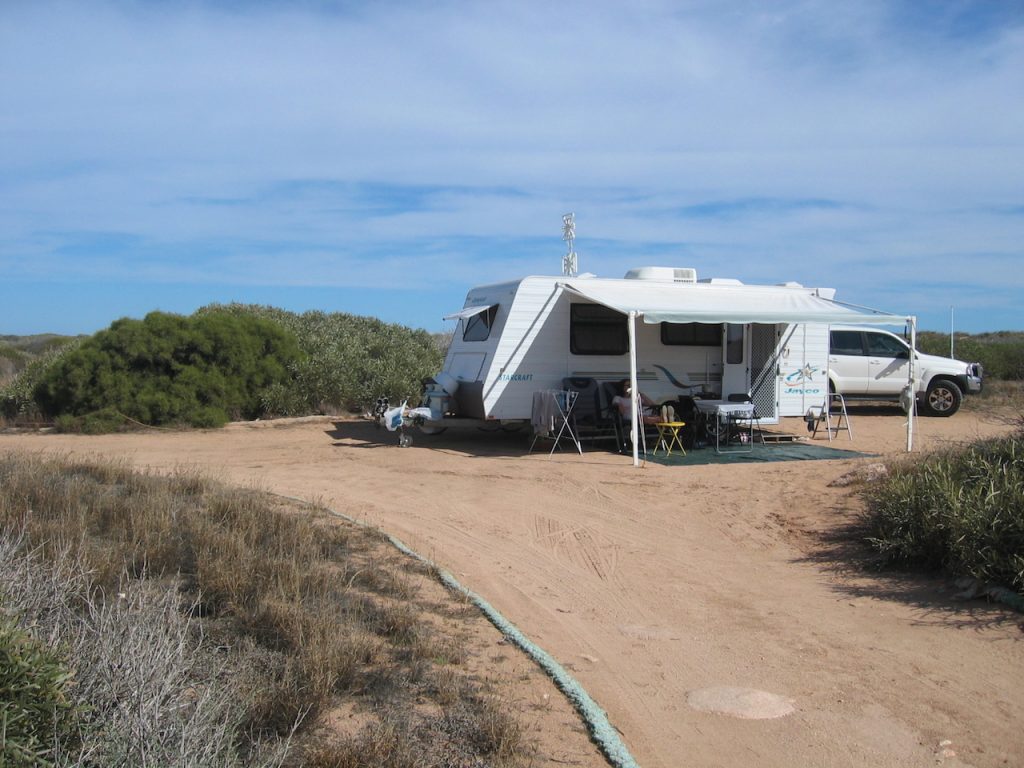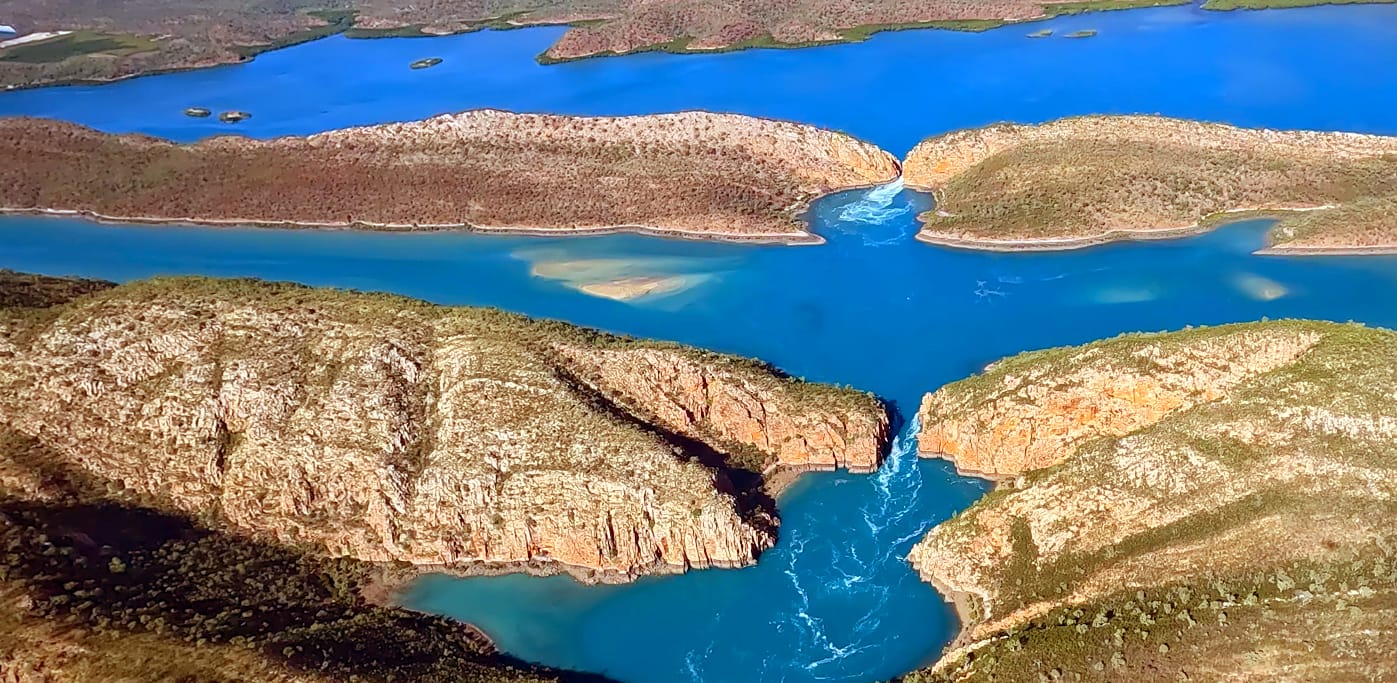At the end of a three-month north-west trek, the culmination of a few years caravanning with Robyn, his wife, Lee Tate spells out some tips for anyone hearing the call to join the caravan caper.
Nothing totally prepares the caravan novice for what’s on the road ahead: the adventures, the surprises, the delights and the disappointments.
But ask the seasoned tower and he/she will invariably say: “I wouldn’t have missed it for quids.”
Or “I wouldn’t be anywhere else.”
Owners of Australia’s 500,000-plus caravans and campervans can’t all be wrong. And no-one is more van-mad than West Aussies.
WA has Australia’s highest combined caravan and campervan registrations per head of population – nearly three out of every 100 people own one.
Mandurah has the highest combined number of caravan and campervan registrations in Australia. Albany is fifth.
In one year, that adds up to over 50 million nights and nearly 12 million overnight trips by caravans and campers.
Buying your van and car.
There are myriad choices. Spend time looking at different caravan configurations. Narrow it down to a model and search online: New or near-new. Second-hand vans can hide much internal damage.
The car. Not all 4WDs have the power needed to tow a van of two tonnes or more. Check models with the RAC.
Tip:
Take a few trips wandering through caravan parks. Check-out models: Pop-ups, push-outs, awnings, annexes and sizes. It all helps.
Cost.
Spend about $40,000 on a near-new van if you can’t afford new and the same on a 4WD. Naturally, for greater comfort, you can go far higher. Good models of van and car seems to hold their value.
Decide: Do I really need a washing machine? Will I be comfortable towing and maintaining a van longer than 20ft (they still talk in old measurements).
Planning your trip.
Think like an astronaut: Travel light. Don’t cater for others. Campers provide their own everything: when joining others for sundown drinks, you take your own chair and own drinks and nibbles to share.
Pack your van only for the two of you: plates, cutlery etc. Keep your van free of clutter. It makes the van lighter and cheaper to tow. Run short of anything? Get it at the next discount shop. Not all your travel will be long-term in remote areas without facilities.

Booking ahead.
Big numbers of campers don’t book ahead with the exception of school holidays when it’s always a risk. Vans generally stay only a few days so there’s a huge turnover and likelihood of a site.
Sometimes you may have to free-camp without power for a night until a site is available. More councils provide space free for free-camping but some require you to catch and dispose of your grey water.
Costs to camp are rising. But so too are facilities: campers’ kitchens, private bathrooms, entertainment, grassed and manicured areas. Sometimes a little bowling green and dog exercise area. Many parks don’t allow dogs (they are listed in guides).
Insurance.
Car and van insurance is highly-recommended. We have called for the RAC and heard many stories of RAC rescues. Go for the premier country travel option.
Travel time.
A common practice is to drive for a few hours a day (check-out time is 10am), and if a van park is not within range, free-camp for a night. Join other campers where possible for security. While towing, fuel could cost $50-$100-a-day and the object of camping isn’t to keep driving endlessly to see how far and fast you can go.
A general rule when towing is to travel 10 km/hr below the speed limit. Many campers make a point of stopping for refreshment breaks. More-and-more roadside areas and equipped with toilets, rubbish bins, tables and seating. Water, of course, is a priority and bottled drinking water can be bought cheaply, especially in bulk.
Accessories.
Don’t rush into buying a generator or an extra fridge or freezer until you discover whether you are a consistent remote-area traveller. Caravans have fridges, clever shopping doesn’t have to cost the earth (plus you haven’t splashed out thousands of dollars on coolers) and van parks often provide kitchen fridges.
Caravan annexes, awnings and shade cover are important. Many people make-do with the van’s awning, simple and easy to pull-out and wind-up, especially in a hurry. But an annex will provide space for your activities including watching TV even though there’s a TV inside. Sitting outside is part of the game. Also an annex can serve as a bedroom for your guests such as school kids.





































